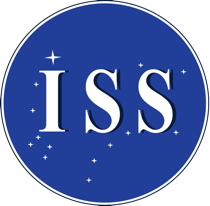ISS-Sci - ISS LISA Science Group
Skip to Main Content
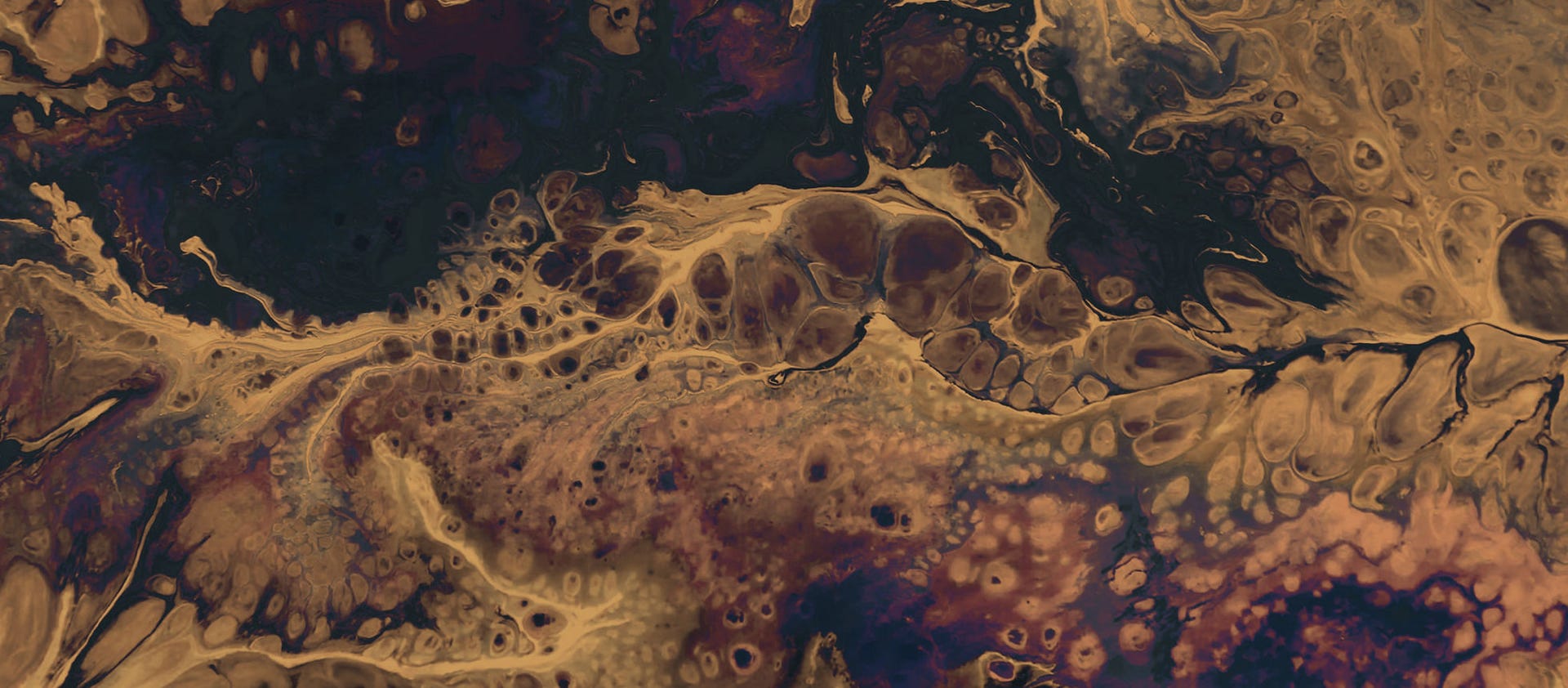
Our Research Center
We are part of LISA Mission Consortium, with involvement in LISA Science Group (LSG), LISA Data Processing Group (LDPG), LISA Data Challenge (LDC), LISA Astrophysics Working Group and LISA Advocacy and Outreach Working Group. We also have students involved in LISA Early Career Scientists (LECS) group.
The Team
One of our main goals is to keep the average age of the group below 40. :-)
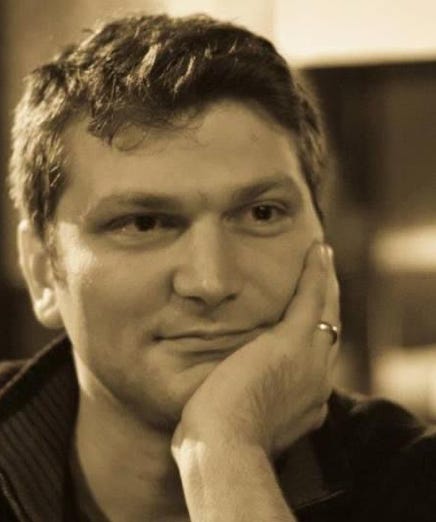
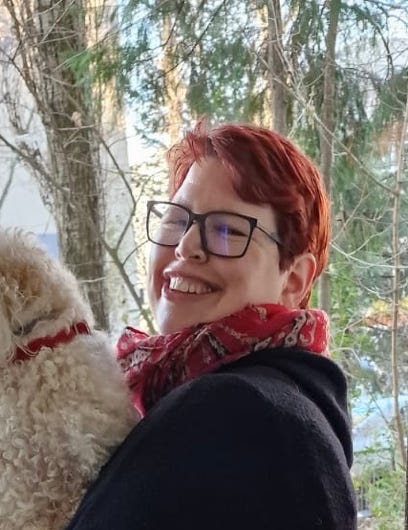
Laurențiu Caramete, PhD
Ana Caramete, PhD
Group Leader
Group Co-leader
Laurentiu is the head of the Cosmology and AstroParticle Physics Group at the Institute of Space Science. He has a PhD in Astrophysics and has valuable expertise in Black Hole Physics, Astroparticle Physics, sources of cosmic rays, galaxies studies. He also has extensive skills of data analysis with experience in working with astronomical databases, catalogs and data mining.
Ana is Scientific Researcher at the Institute of Space Science and has worked on several ESA missions. She has expertise in scientific data analysis, cosmological simulations and theoretical modelling and development of scientific data processing pipelines. Her current research activity is focused n developing artificial intelligence based low-latency pipelines for fast processing and characterisation of the signals detected by LISA.
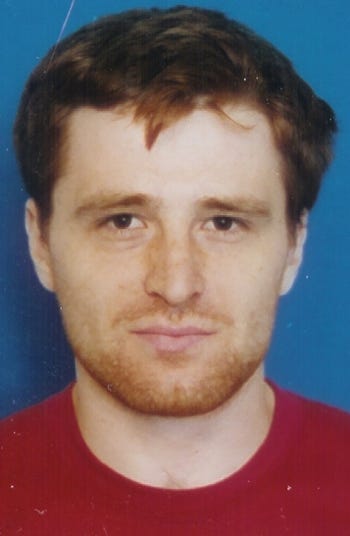
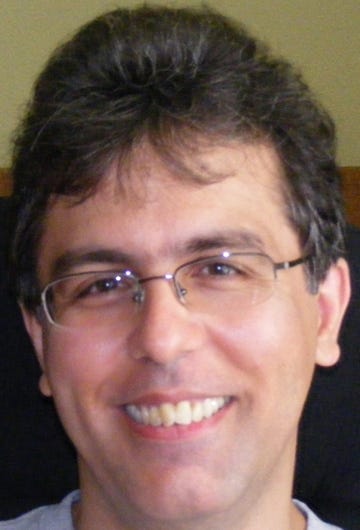
Daniel Felea, PhD
Daniel Tonoiu, PhD
Senior Researcher
Scientific Researcher
Daniel works at the Astroparticle Physics and Cosmology Laboratory, Institute of Space Science. He is a senior researcher, currently involved in High Energy Physics (member of MoEDAL Collaboration) and Gravitational Wave Astronomy (member of LISA Consortium).
Daniel has been working at the Institute of Space Science since 2001. Over the years, he accumulated important expertise in the domain of software development.
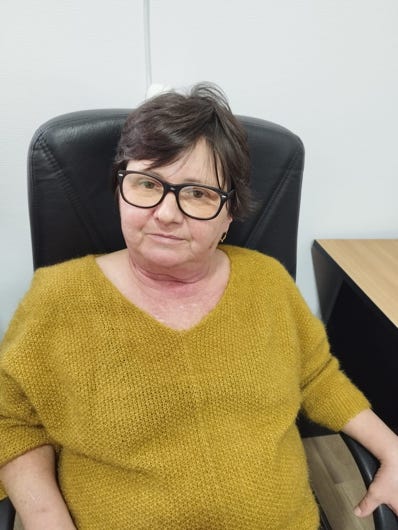
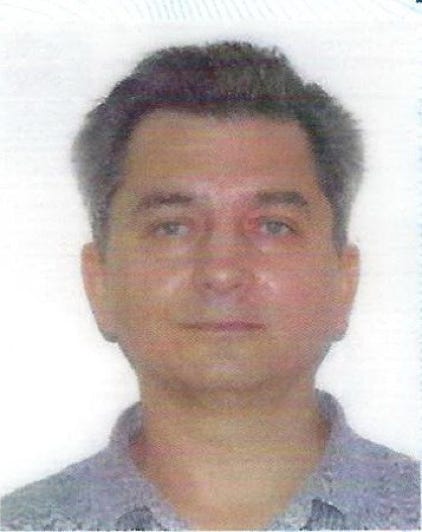
Petruta Ștefănescu, PhD
Ovidiu Țânțăreanu, PhD
Scientific Researcher
Scientific Researcher
Development of a LLP subsystem for the detection of EMRI gravitational waves (very complex sources expected to be detected by LISA, mainly because of the degeneracies appearing in the parameter space)
Using the FEW (Fast EMRI Waveforms) software and other LDC tools to simulate LISA-like signals from EMRIs with different intrinsic and extrinsic parameter’s values, for training a NN and then to recognize such a signal without or with galactic noise
CNN architectures for classification of superposition of multiple EMRI GW signals using local and global features from GW spectrograms.
NN with automatic feature extraction for detection and characterization of EMRI GW’s.
Low-latency CW alert infrastructure for Multi-Messenger Astrophysics (database, API, alert distribution, web interface).
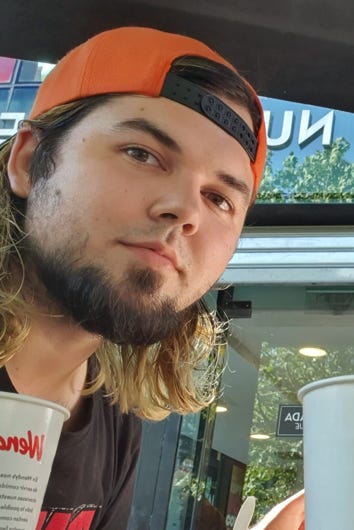
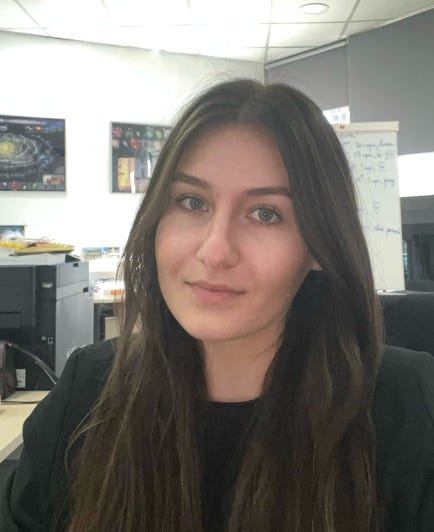
Răzvan Balașov, PhD
Alice Păun, PhD student
Junior Researcher
Junior Researcher
Razvan has a PhD in Astrophysics and is a former co-chair of the LISA Early Career Scientists group. Research-wise, his activity is focused on N-body simulations for studying the formation of Massive Black Holes (MBHs) via stellar collisions in dense Nuclear Stellar Clusters (NSCs) and the evolution of the first population of MBHs.
Alice is a PhD student at the Faculty of Physics, University of Bucharest and has been a Scientific Research Assistant since 2018. She is also a member of the KM3NeT collaboration, thus her research is mainly focused on analysing the sensitivity of the detector, optimising it for nuclearites. Besides all this, she studies exoting scenarios of black holes growth.
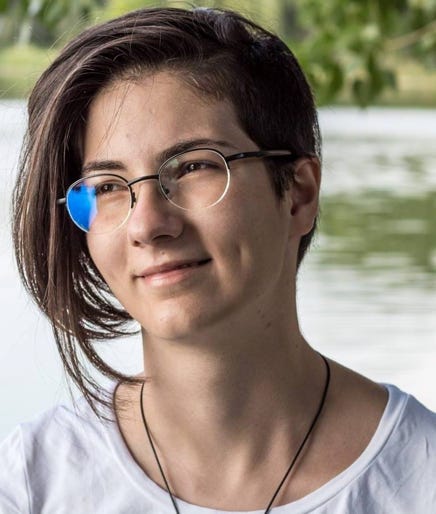
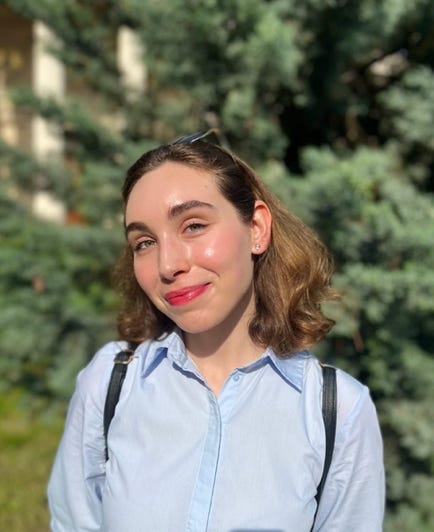
Maria Ișfan, PhD student
Florentina Pislan, PhD student
Junior Researcher
Junior Researcher
Maria-Catalina Isfan is a Scientific Research Assistant since July 2021 and also a PhD student at University of Bucharest. Her work is centred on quantum computing algorithms for space missions and space applications, with a focus on quantum neural networks and quantum walks.
Florentina is a PhD student at the Faculty of Physics, University of Bucharest and has been a scientific research assistant since the summer of 2021. Part of her work consists in developing multi-messenger studies, MBHB catalogs, simulating gravitational waveforms for parameter estimation studies and benchmarking neural networks algorithms for gravitational wave characterization. Also. Starting from the beginning of 2024, Florentina is one of the LECS co-chairs.
© 2035 by The Thomas Hill. Powered and secured by Wix
